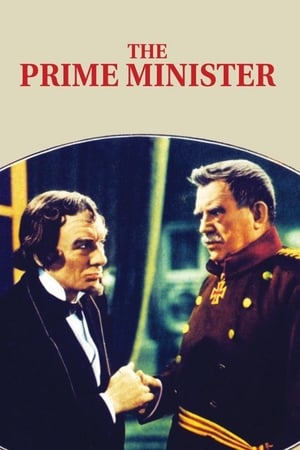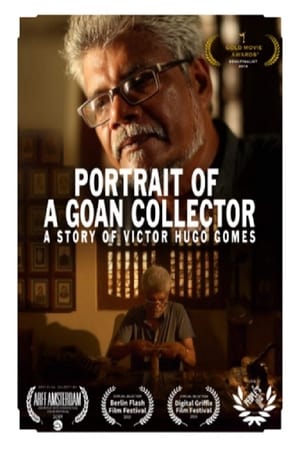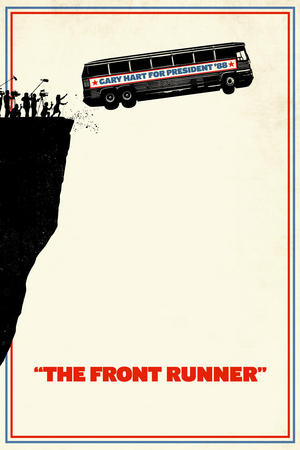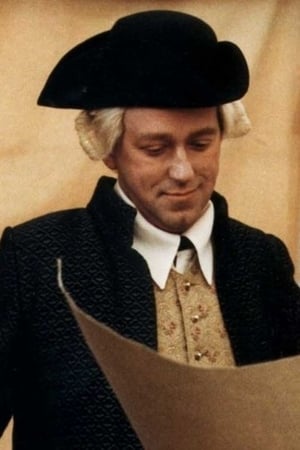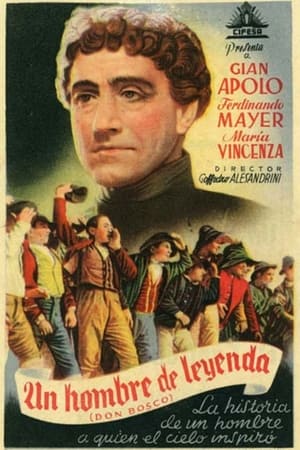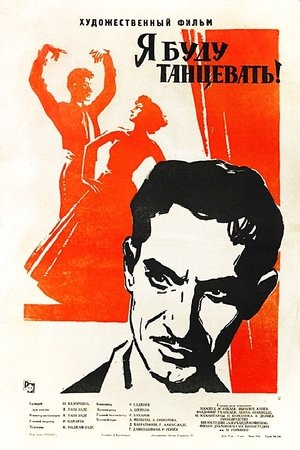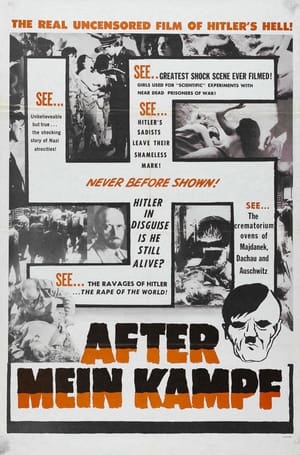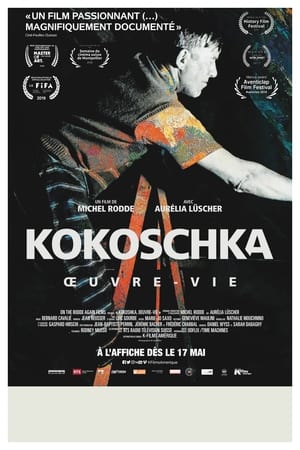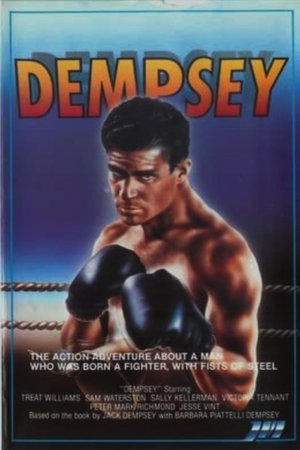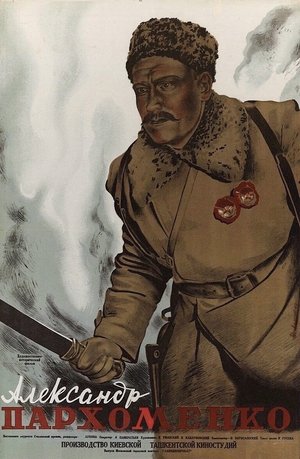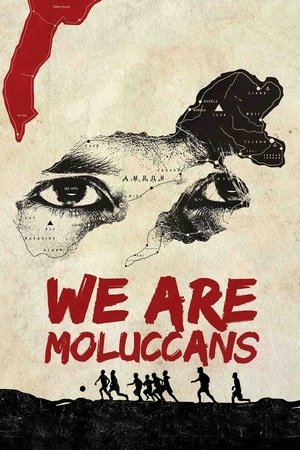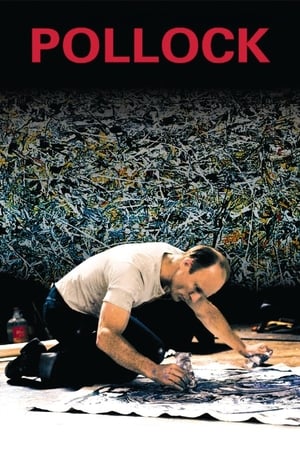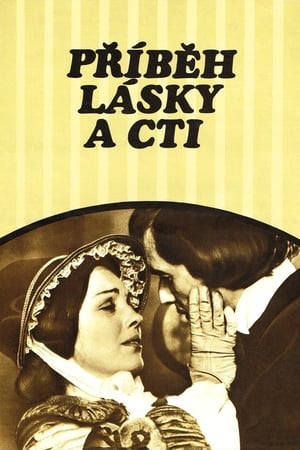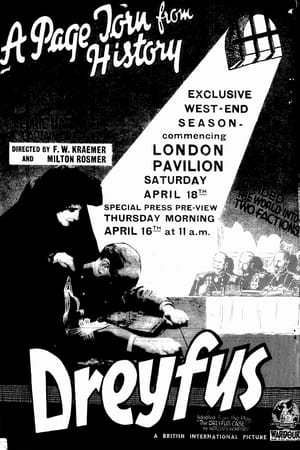Overview
Genoan navigator Christopher Columbus has a dream to find an alternative route to sail to the Indies, by traveling west instead of east, across the unchartered Ocean sea. After failing to find backing from the Portugese, he goes to the Spanish court to ask Queen Isabella and King Ferdinand for help. After surviving a grilling from the Head of the Spanish Inquisition Tomas de Torquemada, he eventually gets the blessing from Queen Isabella and sets sail in three ships to travel into the unknown. Along the way he must deal with sabotage from Portugese spies and mutiny from a rebellious crew.
Reviews
**_Ignore the monkey-see-monkey-do critics, this is a good historical adventure_**
“Christopher Columbus: The Discovery” (1992) came out seven weeks before Ridley Scott’s “1492: Conquest of Paradise,” both of which tackle the same historic tale in celebration of its 500th anniversary. This one was directed by John Glen who’s no slouch as he helmed five James Bond flicks in the ’80s, including “For Your Eyes Only” (1981) and “Octopussy” (1983), both of which rank with the better 007 movies.
Scott’s film is more artistic and epic, being longer by 34 minutes, whereas this one is more compact, not to mention it focuses more on the set-up to the expedition while “1492” is more concerned with what happens when Columbus hits ground on the other side of the Atlantic. Moreover, “Discovery” sticks to the first voyage whereas “1492” includes additional expeditions.
Both bombed at the box office, but “Discovery” made more money in North America and especially so if you factor in production costs ($40 million compared to $47 million). Each is worth checking out and comparing if you like real-life adventure. This one is more balanced in regards to the three acts and doesn’t bog down with events in the New World. The weakest part of “Discovery” is the voyage itself, which runs half an hour (twice as long as in “1492”), which is understandable since it’s difficult to make a long ship journey consisting of all males dramatically compelling. Scott’s film did a way more convincing (and artistic) rendition of the Atlantic voyage.
However, “Discovery” has the superior cast with unknown Frenchman Georges Corraface charismatic in the title role, although Gérard Depardieu is more convincing in the role in “1492” when you consider historic artist depictions. Corraface, by contrast, comes across as the cliched Hollywood version of the explorer, which doesn’t mean he’s not effective. In any case, I like the way each version points out both Columbus’ positive AND negative qualities.
Benicio Del Toro is also effective as one of the Spanish sailors of dubious character. Meanwhile it’s great to see Brando near the end of his career as the Grand Inquisitor, Tomas de Torquemada. While his role is peripheral, there’s a subtle quiet greatness with his deep, effortless wisdom and spirit. Marlon would only perform in five other films. Then there’s Tom Selleck as King Ferdinand, which critics curiously lambaste, but he actually kicks axx in the small role.
Speaking of critics, they all jumped on the hate bandwagon when “Discovery” was released as soon as they smelled blood in the water. However, neither this one nor “1492” are even close to being as awful as they claim. Like I said, they’re definitely worth seeing if you prefer historical adventure in the mold of “Mutiny on the Bounty” (1962) and “The Bounty” (1984).
On the female front, Catherine Zeta-Jones is notable as Columbus’ Castilian mistress, Beatriz. This was before she became a star, being only 21-22 during shooting and very cute. Rachel Ward also does well as Queen Isabella. Of course, most men will appreciate voluptuous Tailinh Agoyo as the chieftain’s daughter for obvious reasons. Speaking of which, the women on the islands are overtly top nude, as was the case in “The Bounty.” This is just a heads up.
I’ve heard critics say that “Discovery” can only be appreciated if you don’t take it seriously, but this makes no sense since it’s a historical tale in which the gist of events is true; for instance, what happens to the Santa Maria, as well as the 39 Spaniards left behind on Hispaniola when Columbus returned to Europe. While we know someone’s head wasn’t on the literal chopping block during the voyage, this was obviously added for dramatic effect.
Some complain about Columbus’ swashbuckling early on, but he was widely traveled and I’m sure he ran into ne'er-do-wells with weapons on an occasion or two. I was held up by three guys with guns on a wilderness trail at one point while I’ve had friends involved in bloody knife fights at local bars and so forth. Let’s not pretend like these kinds of clashes don’t happen.
One of the reasons this flick and “1492” bombed was because Columbus was no longer viewed in a positive light by 1992 due to the preachin’ of Lib academics who denounce the explorer as evil incarnate. But, let’s face it, the European colonization of the Americas was BOTH a blessing and a curse, yet mostly a blessing since it introduced to the New World the written language, the horse, the wheel, wagons, stagecoaches, firearms, trains, industry, superior architecture and so on.
And let’s not kid ourselves with the Lib fantasy that the Americas were a Garden of Eden before Euros arrived. There was constant war between “Indian” tribes, who are actually the progeny of settlers from Asia. There was also slavery, massacres, heinous torture of captives, gross human sacrifice in Mesoamerica to nourish their gods, headhunters in the Amazon. Need I go on? The idea conveyed in “The New World” (2005) that AmerIndians had never experienced envy/rivalry and didn’t even know what a lie was is utterly laughable. I’m speaking as part-Abenaki.
The movie runs 2 hours and was shot in Portugal, Spain & Malta for the European events, the Atlantic Ocean for the sailing sequences and St. Thomas, U.S. Virgin Islands, for the island parts.
GRADE: B

 120 min
120 min
 4.7
4.7
 1992
1992
 France
France
 Wuchak wrote:
Wuchak wrote: